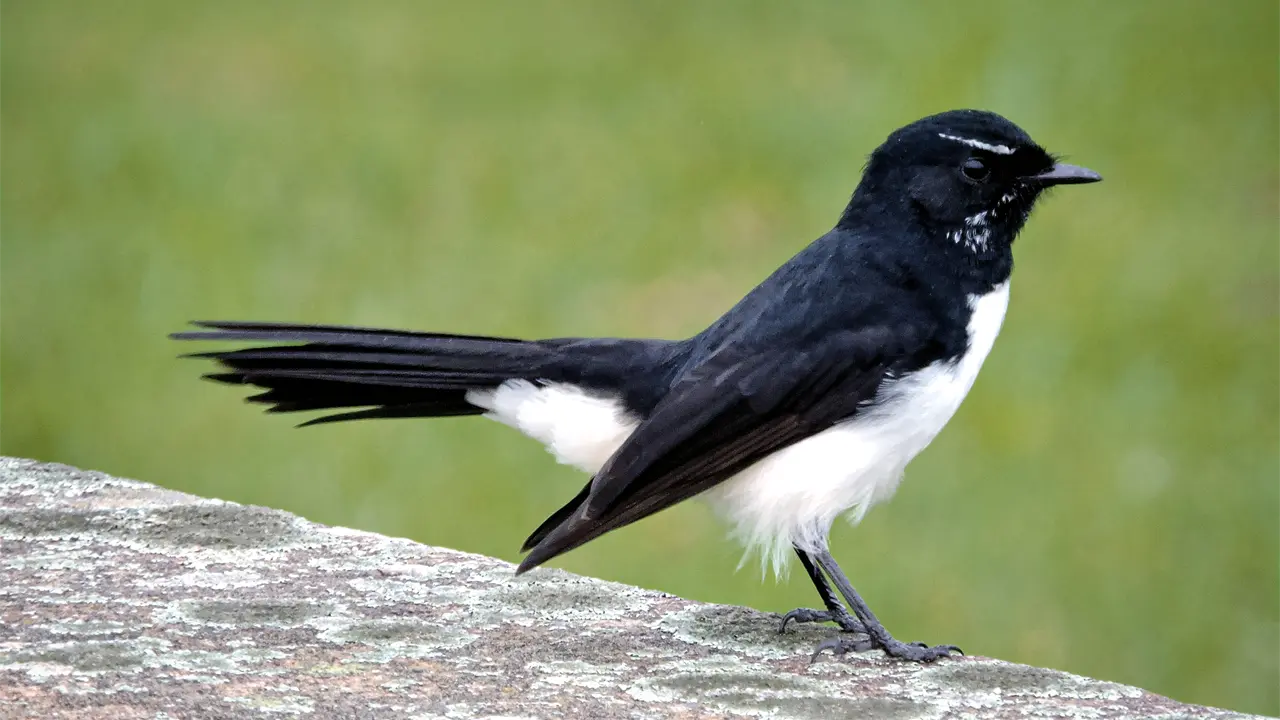Roger McDonald has become a successful novelist by writing about the land he loves.
Story By Peter Thomson
When Roger McDonald won the Miles Franklin Literary Award his first words were, “At last!” No newcomer to the prize, Roger had already been short-listed for the award four times before his historical novel The Ballad of Desmond Kale finally took out the prize. Set in colonial New South Wales, Roger’s prize-winning novel tells the story of the early settlers’ movement onto the land, and the intrigue that accompanied the alchemy of Merino wool.
A long-time resident of country NSW and one of Australia’s most published writers, Roger has nine novels to his credit including the internationally acclaimed, Mr Darwin’s Shooter, a few screenplays, a couple of books of poetry and eight works of non- fiction. One of his most successful non-fiction books, Shearers’ Motel came about from the year Roger spent camping out around the shearing sheds of back-country New South Wales while working as a shearers’ cook.
Having just gone through an intense period of writing, Roger needed to get away from his desk but also needed to keep earning an income. “I was told shearers’ cooks made lots of money,” he says, and though this turned out to be untrue, the job gave Roger a chance to jump in his old ute and taste life on the road. “I didn’t realise it at the time, but I think a mid-life crisis was part of the mixture too. And then just setting sail over the ocean of land in an old ute – there’s a romantic pull to that.”
Living in the shearing camps gave Roger the chance to connect with the real life of the country – real in the sense that life is dictated by the nature of the land, ‘By what comes out of it,” Roger says. In his first job, Roger cooked for a team of Kiwis – mostly Maoris – and he describes the experience as being just like stepping into a theatre production, “Workers are thrown together for three weeks – racing against the clock, filling in for no-shows, settling arguments, getting to know each other well.
“The cook stands back from all this, sometimes he’s like an unpaid counselor, a listening ear.” Although Roger had never intended to write anything about the trip, as he listened to the New Zealand shearers he came to realize that he was in the midst of a story waiting to be told. “The shearing story is part of the Australian legend – its songs, poems, the itinerant lives of the drovers and shearers. The Australian Labor party grew out of the shearers’ strikes. But the story of these Kiwis in the industry hadn’t been told at the time – the story of migratory workers who came across the Tasman for work and to improve their lot.” The resulting book, Shearers’ Motel, won Roger the National Book Council’s Banjo Award for non-fiction in 1993.
For all of Roger’s literary achievements and the time he has spent in the cities and states of Australia promoting his work, Roger is still a man of the land, living in the countryside he loves. “I suppose because of what I felt about the place as a child, I would find it difficult to settle anywhere but country NSW,” he says. These days Roger and his wife Sue, live on the foothills of the Great Dividing Range, just west of Braidwood. It is a place where Roger has always wanted to settle, “Somehow my life got very attached to the high, rolling grasslands of the Monaro landscape. That really is my self-identity,” he says.
This story excerpt is from Issue #55
Outback Magazine: Oct/Nov 2007









